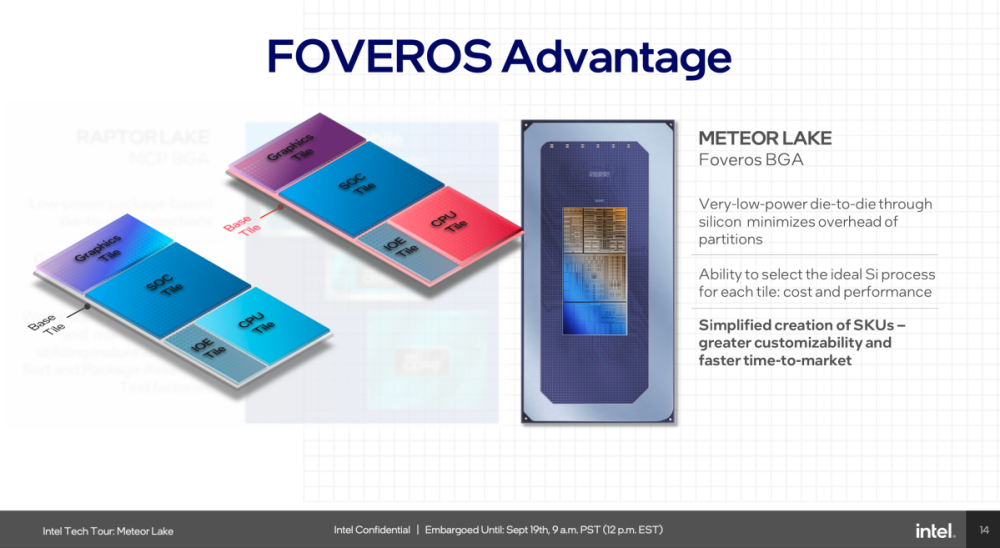European Commission has re-imposed a fine of about $400 million on chipmaker Intel
In May 2009, regarding Intel’s provision of subsidies to Dell, HP, NEC, Lenovo, Acer, and others to incentivize their extensive procurement of Intel’s processor products—thereby constraining rival AMD’s growth potential—the European Commission deemed it a monopolistic behavior. Consequently, the penalty has been revised to €376.36 million (approximately $402.6 million).
The European Commission’s decision to adjust the fine stems from the General Court of the European Union’s move in early 2022. The court overturned the Commission’s ruling, positing that the Commission’s stance on Intel’s breach of market monopoly was incomplete. The court believed that the current legislation did not sufficiently elucidate how Intel’s subsidies could culminate in a market monopoly. This led to the annulment of the Commission’s initially proposed fine of €10.6 billion.

Nevertheless, the European Commission still contends that Intel’s actions influenced collaborative partners in their processor procurement decisions. As such, they believe Intel transgressed market monopoly rules but adjusted the fine to €376.36 million.
In a related announcement, the European Commission stated that between November 2002 and May 2005, Intel provided subsidies to HP. This influenced HP to offer AMD processors only to small and medium-sized businesses for commercial models. All other models targeting the consumer market were designed using Intel processors. On another note, the Commission also claims that Intel furnished subsidies to Acer, causing a delay in the launch of Acer’s model equipped with an AMD processor from September 2003 to January 2004. Similarly, Intel purportedly asked Lenovo to postpone the launch of products with AMD processors.
Simultaneously, the European Commission has lodged an appeal against the General Court of the European Union’s decision to reject the ruling. Intel, on the other hand, appears to have made no response to this as of now.






